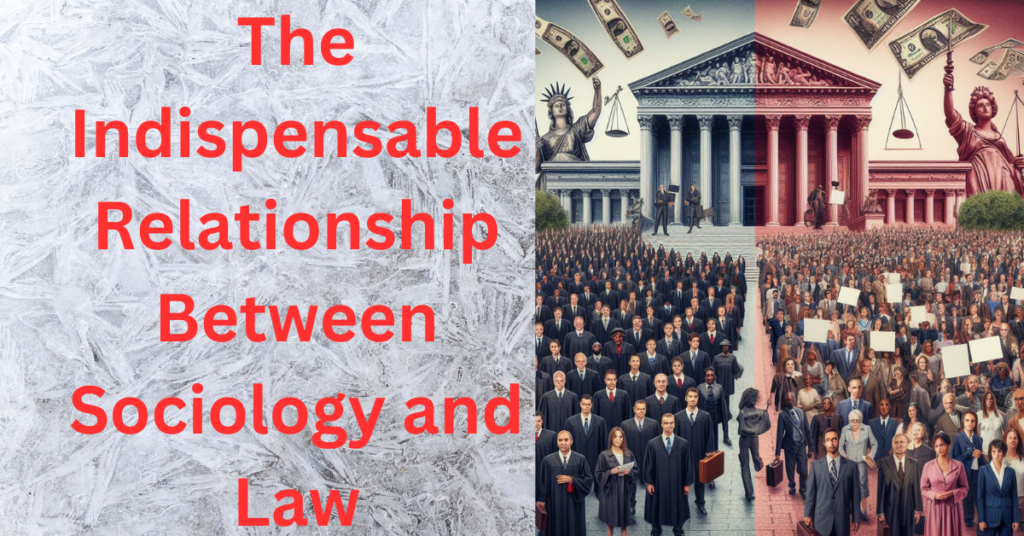Disha Dahiya
In a world that often glorifies busyness and productivity, the idle mind is often viewed with suspicion. However, some thinkers and philosophers have argued that moments of idleness can be highly productive, leading to creativity, introspection, and even problem-solving.
In his “Pensées,” Blaise Pascal famously stated, “All of humanity’s problems stem from man’s inability to sit quietly in a room alone.” Pascal suggests that idleness, far from being unproductive, can lead to a deeper understanding of oneself and the world. He argues that in moments of idleness, we are forced to confront our thoughts and feelings, leading to introspection and self-discovery. This, in turn, can lead to greater creativity and productivity when we return to our tasks.
Bertrand Russell, in his essay “In Praise of Idleness,” takes this idea further, arguing that idleness is not only productive on an individual level but also on a societal level. Russell suggests that the modern obsession with productivity has led to a society where work is valued above all else, leading to a lack of leisure time and, ultimately, a lack of true fulfilment. He advocates for a society where leisure and idleness are valued as much as work, arguing that this would lead to a more harmonious and fulfilling existence for all.

Albert Camus, in his novel “The Myth of Sisyphus,” presents a different perspective on the productivity of the idle mind. Camus explores the concept of the absurd, the idea that life is inherently meaningless and that any attempt to find meaning is ultimately futile. In this context, idleness can be seen as a form of rebellion against the absurdity of existence. By embracing idleness, Camus suggests, we can free ourselves from the burden of trying to find meaning in a meaningless world, leading to a more authentic and liberated way of being.
The concept of the productiveness of the idle mind is quite complex. While some may view idleness as unproductive or even dangerous, thinkers such as Pascal, Russell, and Camus argue that moments of idleness can be highly productive, leading to greater self-understanding, creativity, and even a more fulfilling existence. As we navigate our busy lives, it is essential to remember the value of taking time to be idle, for it is often in these moments that we find our truest selves.
Expanding on the productiveness of the idle mind, it becomes evident that the concept’s value lies not in mere idleness but in the quality of idleness itself. When approached with a purposeful mindset, idleness can foster creativity, innovation, and personal growth. One must distinguish between passive idleness, characterized by aimless scrolling through social media or binge-watching television, and active idleness, where the mind is free to wander and explore without external distractions. Passive idleness can indeed lead to stagnation and a sense of wasted time. In contrast, active idleness is a deliberate choice to disengage from external stimuli and allow the mind to engage in spontaneous thoughts and reflections. Active idleness, as advocated by thinkers like Pascal and Russell, can lead to profound insights and breakthroughs. When the mind is freed from the constraints of routine tasks and external pressures, it has the space to make unexpected connections and generate new ideas. This form of idleness is not a waste of time but a necessary part of the creative process.
Literature has not been untouched of the argument of the idle mind. One classic example of the productivity of the idle mind in literature is Marcel Proust’s “In Search of Lost Time.” The protagonist, Marcel, spends much of his time in idle reflection, allowing his mind to wander freely. It is during these moments of idleness that Marcel is able to unlock memories and insights that shape his understanding of himself and the world around him. Through Marcel’s contemplative musings, Proust suggests that moments of idleness can be deeply meaningful and transformative.
Another example can be found in Virginia Woolf’s “To the Lighthouse.” The novel explores the inner thoughts and feelings of its characters, revealing the profound impact that moments of idleness can have on their lives. Mrs. Ramsay, for example, finds solace and meaning in the quiet moments she spends alone, allowing her mind to wander and reflect. These moments of idleness not only provide Mrs. Ramsay with a sense of peace but also allow her to gain a deeper understanding of herself and her relationships.
In contemporary literature, the productivity of the idle mind is often portrayed as a form of rebellion against the fast-paced, hyper-connected world we live in. Authors like Haruki Murakami explore the theme of idleness in works such as “Norwegian Wood” and “Kafka on the Shore,” suggesting that moments of idleness can be a source of inspiration and creativity in an otherwise busy world.
The concept of the productiveness of the idle mind challenges conventional notions of productivity and busyness. Philosophers like Pascal, Russell, and Camus, as well as literary figures such as Proust, Woolf, and Murakami, have all explored the idea that moments of idleness can be highly productive, leading to greater self-understanding, creativity, and even societal change. These thinkers and writers remind us of the importance of taking time to be idle, as it is often in these moments that we find our truest selves and unlock our greatest potential.
As Bertrand Russell aptly said, “In all affairs, it’s a healthy thing now and then to hang a question mark on the things you have long taken for granted.” This quote encapsulates the essence of this article, emphasizing the value of questioning the relentless pursuit of productivity and recognizing the benefits of embracing moments of idleness. By doing so, we may discover new perspectives, insights, and possibilities that can enrich our lives and our world.
The views and opinions expressed by the author/s in this article are their personal opinions and do not represent the views of PureSociology. You can contact the author/s at [email protected]. The details of the authors are:
Ms. Disha Dahiya is an Assistant Professor, Department of English, Guru Kashi University, Bathinda


